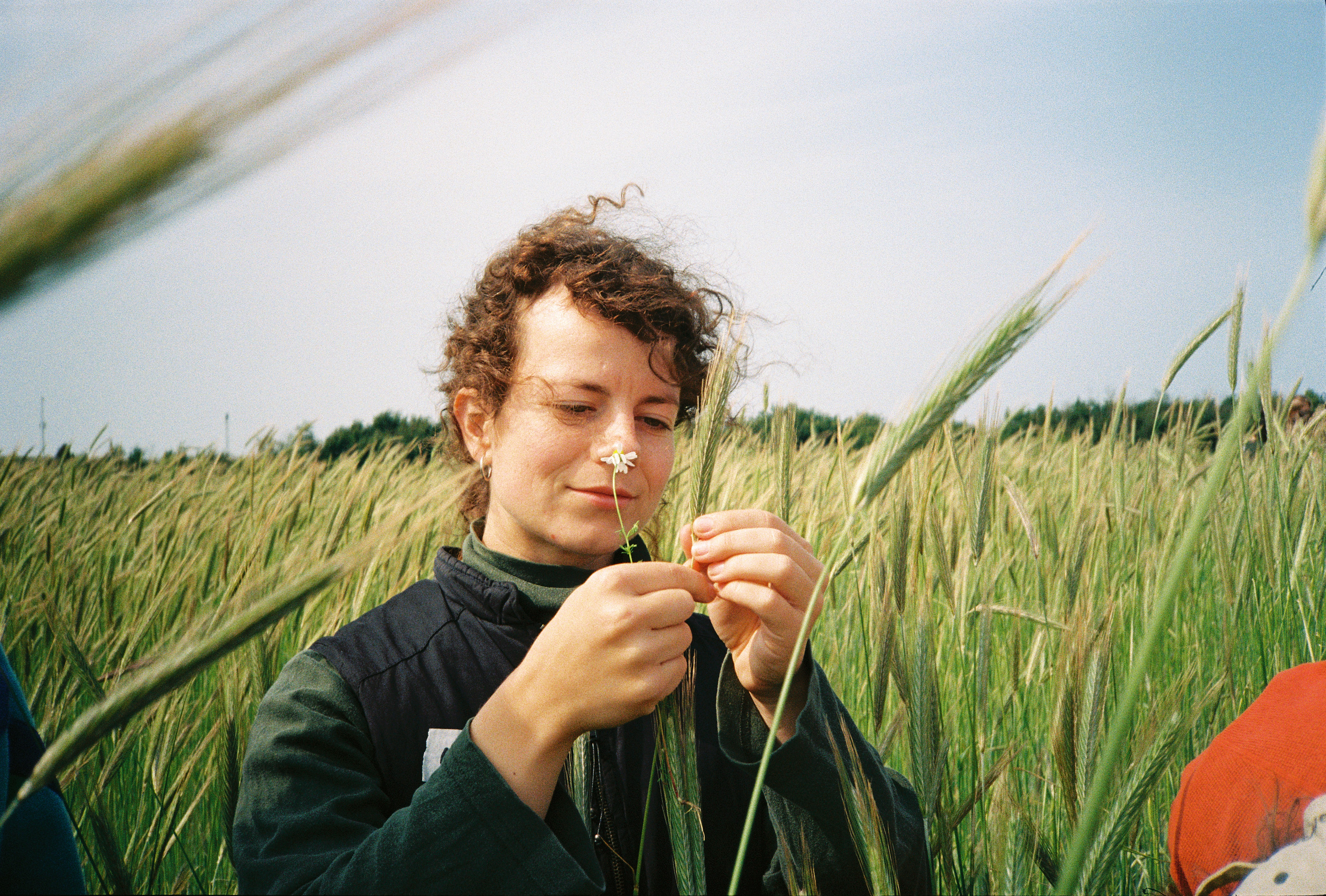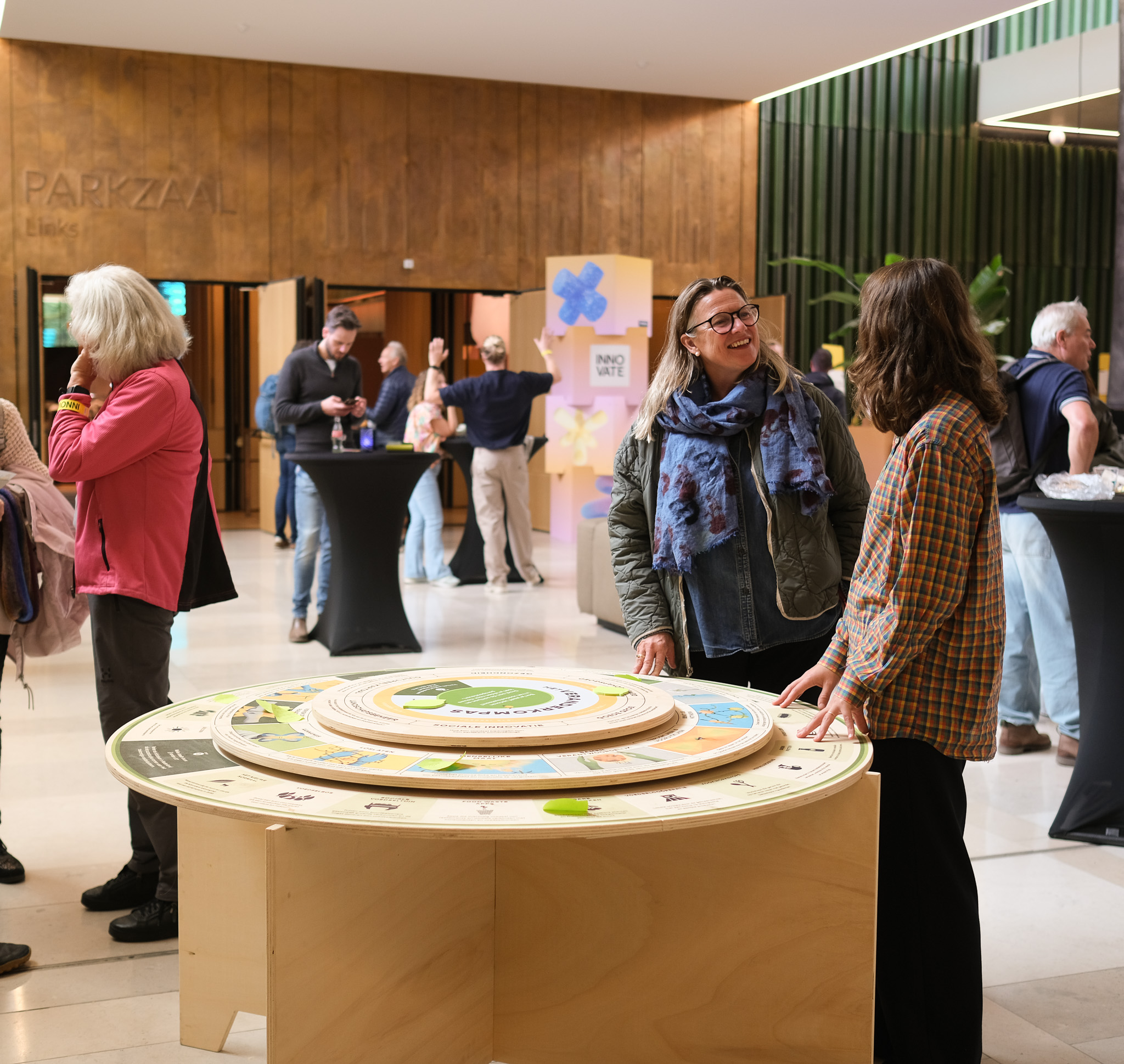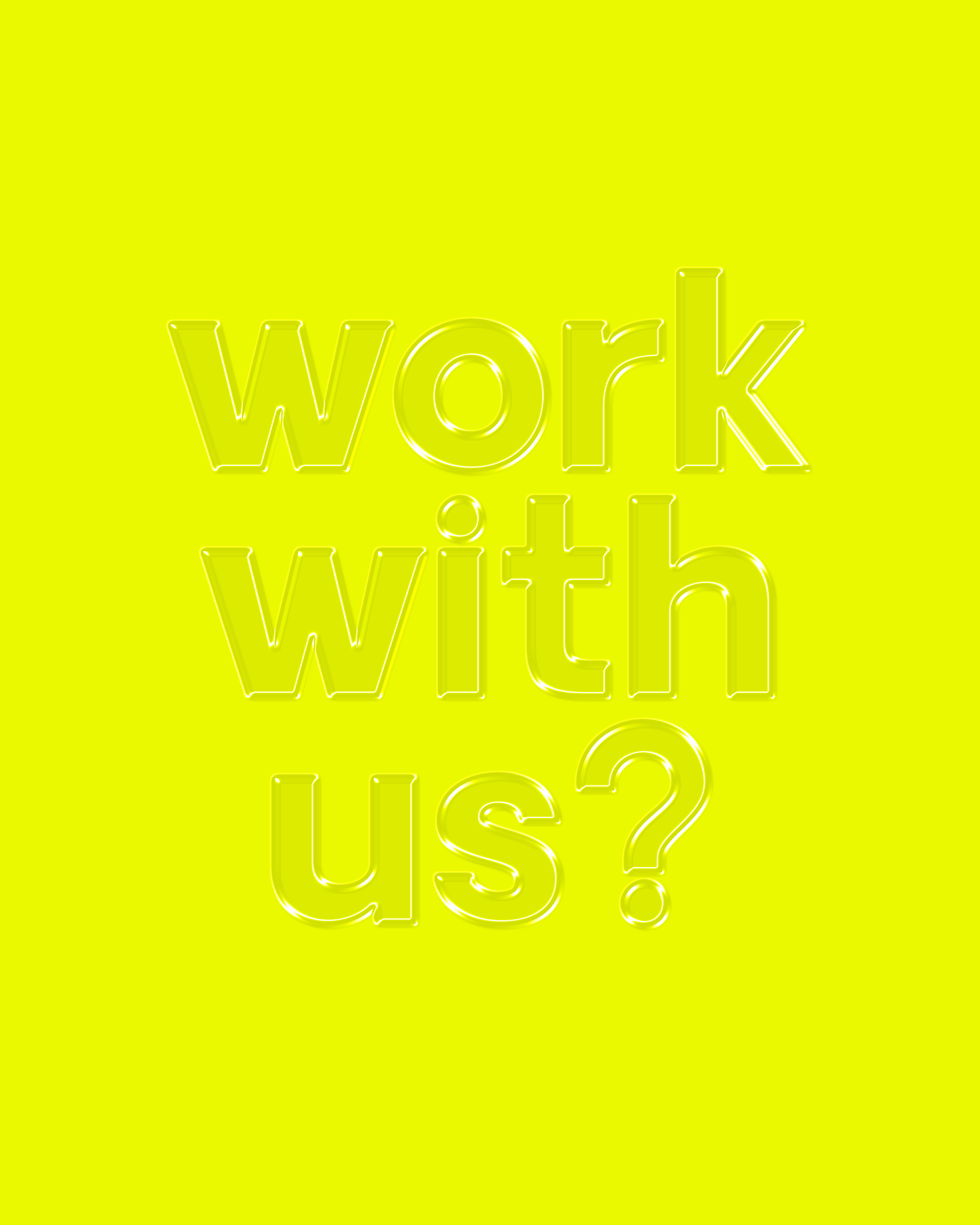A week of feeling food systems on a farm in Zeeland
Bodemkracht: A week of feeling through food systems on a farm in Zeeland

TLDR; Queer spaces provide space for people to explore alternative versions of themselves and thus alternative futures. Design studio Futurall wants to collaborate with a Netherlands-based queer space to research the crucial role queer spaces have in expanding our collective imagination.
To do this, we propose to design a series of participatory experiments in queer space(s) to experience, probe, and reflect on what queer collective imagination means. What radical alternatives does it propose? And how do dedicated queer spaces provide the infrastructure for this imagining to unfold?
~
Design studio Futurall wants to collaborate with a Netherlands-based queer space to research the role queer spaces have in expanding our collective imagination.
Queer spaces face many threats to their existence. Yet, in the face of multiple interconnected crises, they may be more important than ever, not only to queer people, but to society more widely.
There is an inherent ‘future-ness’ to becoming and living as queer, which I (Eva) recently explored in a blog that draws connections between queer imagined worlds in art and popular culture and my own personal experiences. In it, I quote Jose Esteban Muñoz:
“Queerness is essentially about the rejection of a here and now and an insistence on potentiality or concrete possibility for another world.”
We are interested in queer space as a site from which this queer imagination can unfold - that is, where alternative ways of being, seeing, knowing, and relating are discovered, articulated, practised, and developed in the present. And we are interested in the power of this queer imagination to affect wider changes in society. We believe that nurturing queer spaces, and thus queer imagination, enables people to connect with themselves, supports community organising, and contributes to shifting social norms - in order to incubate new worlds.
As such, queer space can be considered a form of imagination infrastructure (an emerging field and recently also a community of practice being supported by Joseph Rowntree Foundation). In the face of both a mounting urgency to transition towards more sustainable systems, and an increasingly uncertain terrain, imagination infrastructure plays a crucial role. It enables people question the status quo, explore radical alternatives, and build collective agency to pursue them.
Or, as Nadine Noor, founder of Pxssy Palace said at a recent talk: “If you give people space to play, express themselves, to try on different aspects of themselves anything can be possible. […]. If we lose these spaces what does that say about where society will be in a few years?”
We propose to design a series of participatory experiments in queer space(s) to experience, probe, and reflect on what queer collective imagination means. What alternatives does it propose? And how can dedicated queer spaces provide the infrastructure for this imagining to unfold?
With this project we aim to contribute to changing the narrative around queer spaces, especially those spaces that are most marginalised and misunderstood: nightlife, kink, drag, and racialised queer communities. What resources do these spaces need to thrive? How might we convince policy-makers that they are essential to our cultural, social, and imaginative capital?
We also aim to contribute to ‘collective imagination’ as a new field of practice, offering insights into the conditions that enable imaginative processes, and how these processes can catalyse social change.
• What makes queer spaces uniquely positioned to imagine, socialise, and embody alternative possibilities?
• What can we learn from the existing practices of queer spaces to processes of imagination? What drives the inherent capacity of these places to serve as imagination infrastructure?
• How can we expand the reach and influence of the alternative futures that these spaces generate and their impact in social change? E.g by inspiring grass-roots organising, stretching the public imagination or directly informing policy?
We are currently pursuing funding opportunities with this project, and are looking for collaborators!
🌸 Community partner - We are looking for a community partner who wants to have an active role in shaping the project. The community partner is ideally a Netherlands-based organiser of queer events or a network convener of queer organisations. No expertise in (queer) futures is necessary, but we hope to find a partner with an interest in helping to stage cultural encounters with queer communities to explore the potentiality of queer space.
Learning community - We want to engage with an (international) learning community in order for the work to be informed by current discourse, share learnings and to drive systemic impact through a supportive network. We invite anyone that is interested to join this learning community, in particular:
•(queer) space or event organisers
• queer heritage initiatives
• nightlife safety and advocacy groups
• academics studying transitions, queer spaces, queer histories, futures and its intersections
• other artists, designers and collective imagination practitioners
If you are one of these, know someone, or just interested in the project let me know at eva@studiofuturall.com or send message to +31 6 57 96 95 69 (whatsapp) @studio_futurall (IG) 🌸

Bodemkracht: A week of feeling through food systems on a farm in Zeeland

How do people take ownership and find their own solutions to reshape the food system.

Launching Earthlings - project platform dedicated to engaging with the “polycrisis” through culture

Two opportunities to get involved with our projects this fall.
55 Wallis Rd, Unit K
Hackney Wick, London, E95LH, UK
Havenstraat 157, 3024SJ
Rotterdam, the Netherlands